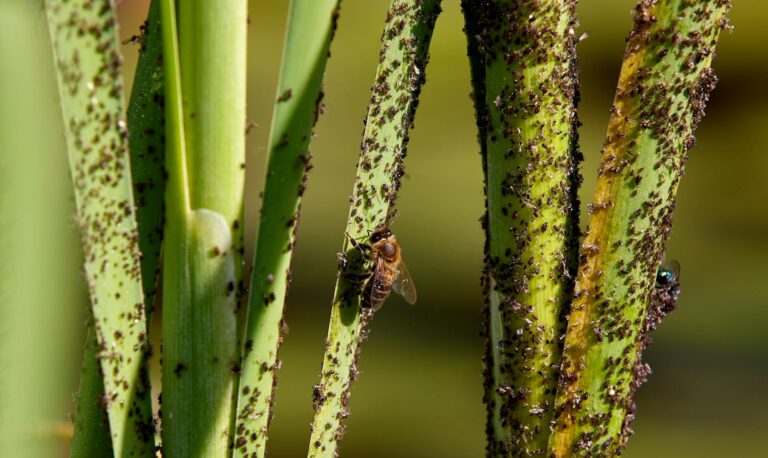**Exploring the Role of Sirtuins in Neuronal Longevity**
As we age, our brains undergo significant changes that can affect our cognitive abilities and overall health. One of the key players in maintaining brain health and longevity is a group of proteins called sirtuins. In this article, we will delve into the world of sirtuins and their crucial role in neuronal longevity.
### What Are Sirtuins?
Sirtuins are a family of proteins that are found in all living organisms, including humans. They are named after the yeast gene SIR2, which was first discovered in the 1990s. These proteins are known for their ability to regulate various cellular processes, including energy metabolism, DNA repair, and inflammation. There are seven different types of sirtuins in mammals, each with unique functions and locations within the cell.
### How Do Sirtuins Affect Brain Health?
Sirtuins play a vital role in maintaining brain health by influencing several key processes:
1. **Energy Metabolism**: Sirtuins help regulate how cells use energy. When energy levels are low, sirtuins are activated, which can help cells survive during times of stress.
2. **DNA Repair**: Sirtuins help repair damaged DNA, which is crucial for maintaining the integrity of our genetic material.
3. **Inflammation**: Sirtuins can reduce inflammation, which is a major contributor to many age-related diseases, including neurodegenerative disorders like Alzheimer’s and Parkinson’s.
4. **Cell Survival**: Sirtuins promote cell survival by preventing apoptosis (programmed cell death), which is essential for maintaining healthy brain tissue.
5. **Oxidative Stress**: Sirtuins help protect cells from oxidative stress, which occurs when cells are damaged by free radicals.
### The Specific Role of Sirtuin 1 in the Brain
One of the most studied sirtuins is Sirtuin 1 (SIRT1). Research has shown that overexpressing SIRT1 in the brains of mice can increase their lifespan. This suggests that SIRT1 plays a significant role in neuroprotection and may be a potential therapeutic target for neurodegenerative diseases like Alzheimer’s and Parkinson’s.
### Sirtuin Activators: Natural and Synthetic Compounds
To harness the benefits of sirtuins, scientists have been exploring various compounds that can activate these proteins. Some natural compounds like resveratrol, found in red wine, and curcumin, found in turmeric, have been shown to activate sirtuins. These compounds have anti-inflammatory and antioxidant properties, which can help alleviate the effects of aging.
### Pterostilbene: A Promising Sirtuin Activator
Pterostilbene is a synthetic compound that is similar to resveratrol but has higher bioavailability. Studies have shown that pterostilbene can increase lifespan in model organisms by reducing oxidative stress and inflammation. It is considered a promising candidate for therapeutic use in age-related diseases.
### Challenges and Future Directions
While sirtuins hold great promise for improving neuronal longevity, there are challenges to overcome. For instance, inhibiting sirtuins in certain cells can have adverse effects, as seen in a study on microglial SIRT2 deficiency, which actually worsened cognitive decline in Alzheimer’s disease models. This highlights the need for targeted and cell-specific approaches when considering sirtuin modulation.
### Conclusion
Sirtuins are crucial proteins that play a significant role in maintaining brain health and longevity. By understanding how sirtuins function and how they can be activated, we may uncover new strategies to combat age-related diseases. While there are challenges ahead, the potential benefits of sirtuin modulation make it an exciting area of research that holds promise for improving our health as we age.
In summary, sirtu





